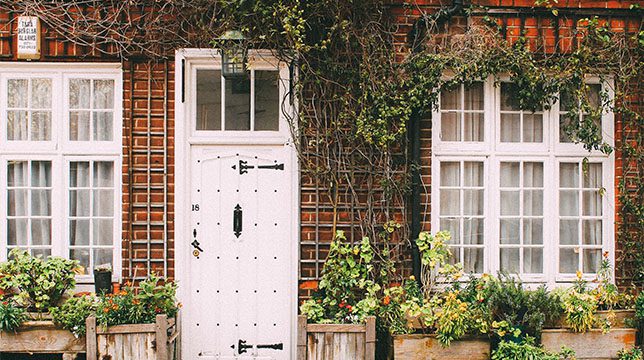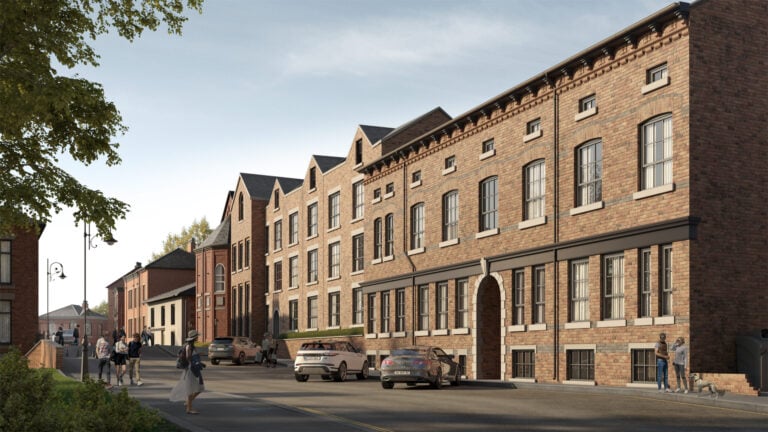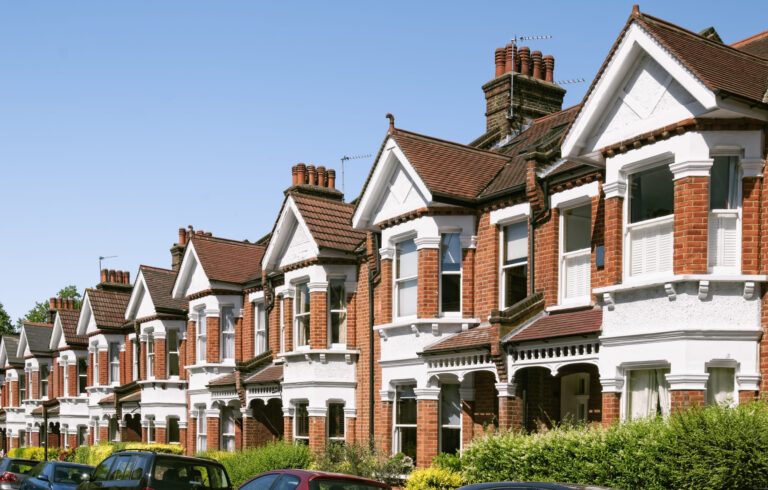Internet access is the top priority for second home owners and renters, while an assured holiday market location is key for short-term lets.
The latest global report produced by estate agents Savills examines the amenities and features which are most essential for owners and renters when choosing a second home.
The findings highlighted that although certain nationalities may differ, both owners and renters in the second home sector share the same wish list when it comes to amenities.
Being connected to the internet was the most important priority for all nationalities polled, although renters were a little more relaxed about this than owners.
Urban versus rural renters
Urban renters and rural renters look for different features in line with their location choice. For example, over a quarter of all renters want a terrace, decking or balcony and private reserved parking. However, 79% of rural renters expect a garden in contrast to 44% of renters in towns or cities.
For urban renters, modern technology is in demand with the highest proportion of 96% prioritising air conditioning over 51% of country renters. Security features for 44% of renters living in an urban location is important compared to 24% of those living in the countryside.
Nationalities want different things
The report found different nationalities valued different features in their second homes or holiday homes: Greek, Portuguese and Italian owners demand a terrace or balcony; British owners want access to a shared or private swimming pool, whereas US owners rate air conditioning most highly.
Second home owners want to cover costs
An income source is the main motivation for owners renting out their second homes and covering the costs. Occupancy rates are important along with an assured holiday market, with different locations attract differing numbers of tourists.
Across all the countries in the survey, a third of owners saw the booking rate increase, 45% said it stayed the same and just 22% reported a drop.
A country’s economic and political situation will affect the booking rate from holidaymakers. All countries have reported a rise in this year’s booking rates from tourists. Across the Atlantic in Canada and America, owners noted only a decrease in bookings of 12% and 15% respectively. This indicates that location and an attractive property offering can continue to bring in revenue.
Cash is king
Fifty years ago almost half the second homes were either gifted for inherited across all countries recorded in the report. However, these days, mortgage borrowing or cash are the most popular means of financing a property purchase.
The second home market is dominated by cash buyers and those who take out a mortgage in the country the property is located, but the availability and ease of borrowing differs widely across European countries.
The biggest factor determining the mortgage finance open to you is where you reside and pay taxes.
UK offers sophisticated borrowing
The UK has some of the most sophisticated lending which makes securing finance on a main residence or other property fairly straightforward. Unlike other European countries, the UK offers buy-to-let mortgages specifically targeted at the second home market.
Belgian and Dutch banks operate in similarly competitive markets and borrowing is made easy for existing clients.
In contrast, Portugal and Spain will only provide mortgages at the time of purchase. Raising finance on property in these countries post completion is rarely possible.
Although now, there are no differences between renting or not in terms of the mortgage interest rate of the mortgage, the banks require borrowers to be able to afford the mortgage without taking into account potential rental income unlike in the UK.
Miranda John, director at International Property Finance SPF Private Clients, said: “As interest rates in Europe remain low and the prospect of rises seems unlikely this is set to continue.
“Furthermore, many European banks offer long-term fixed products so the loan may be fixed for 20 or even 25 years and borrowers are able to lock into the historically low rates. A final point with a local mortgage is that this can be used to offset certain taxes such as the Wealth Tax in France whereas funds raised elsewhere would not.”









